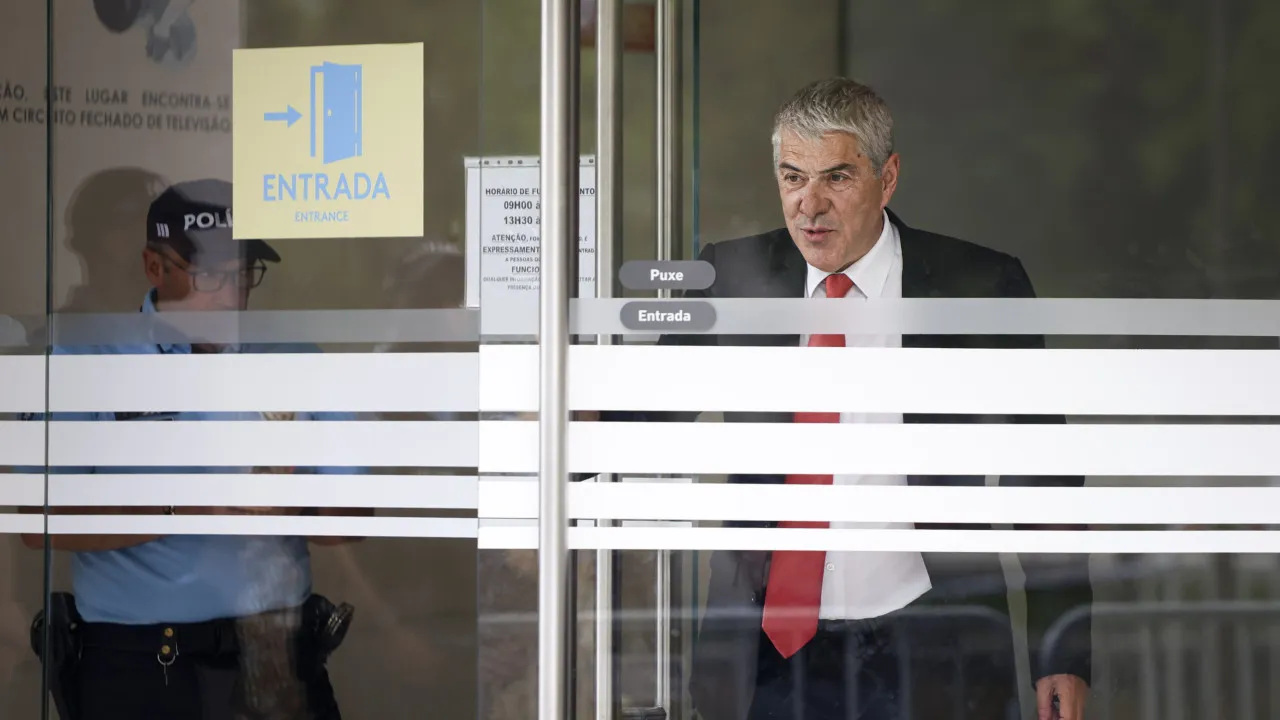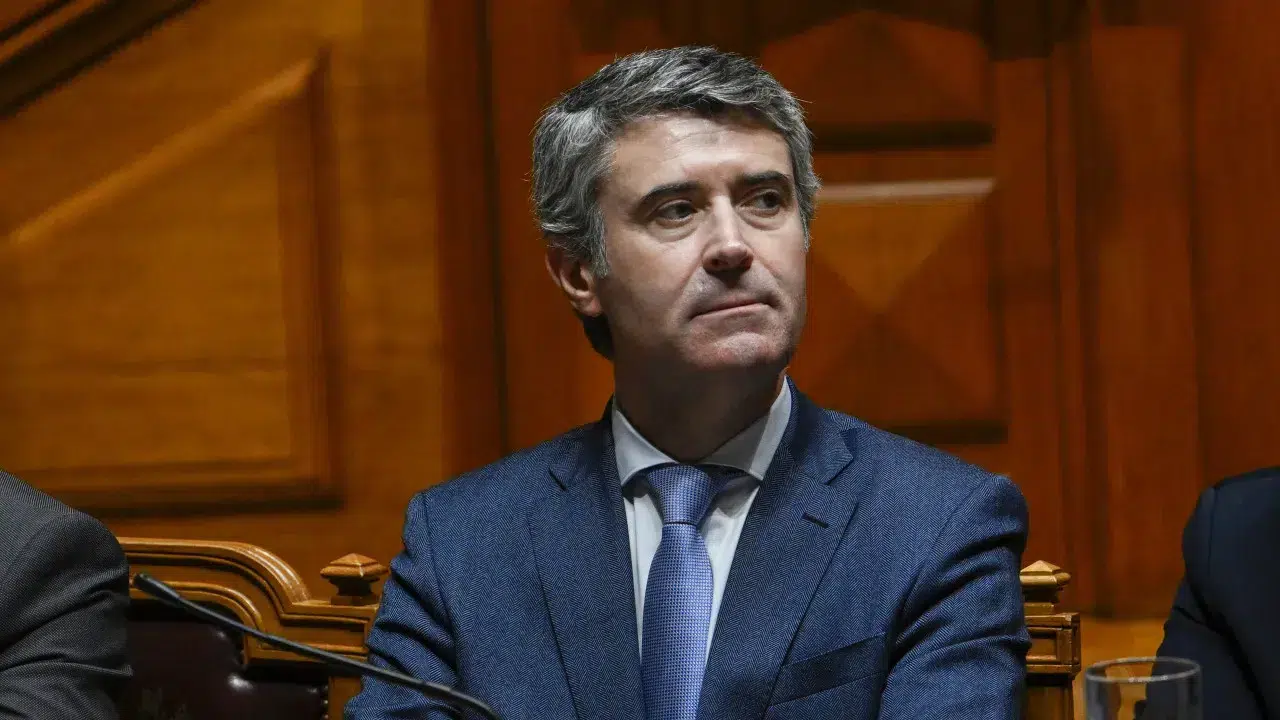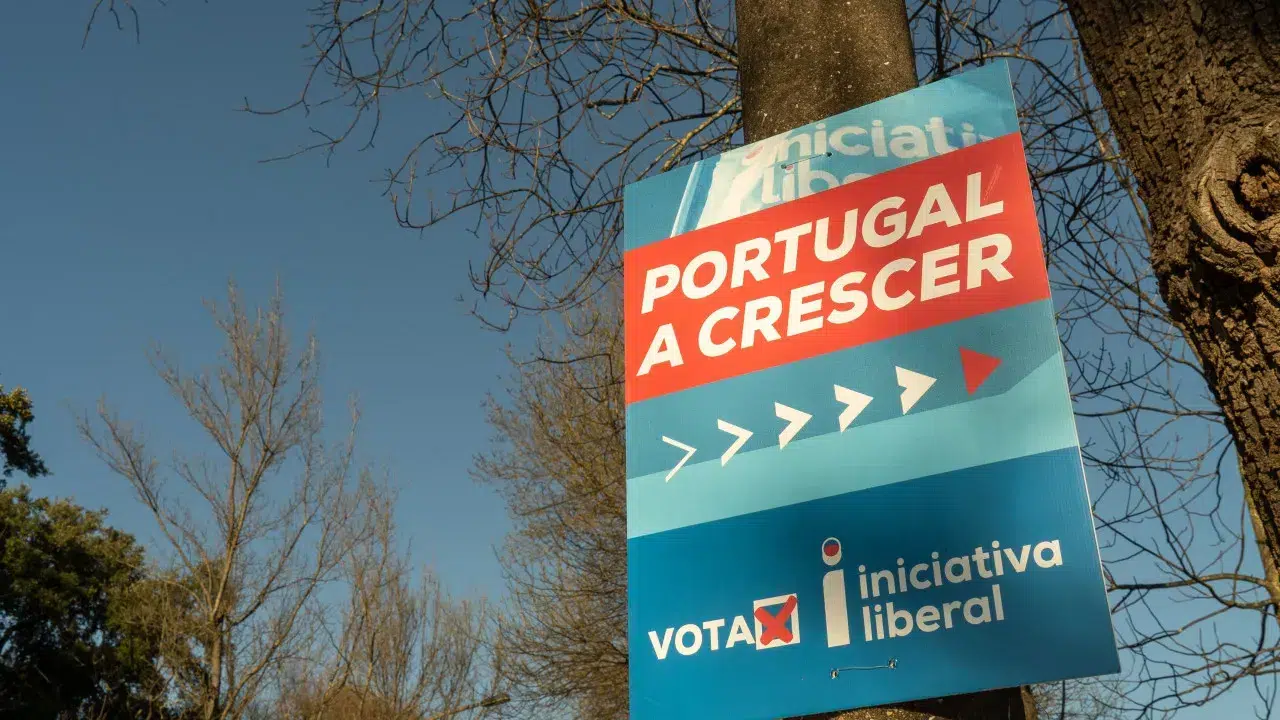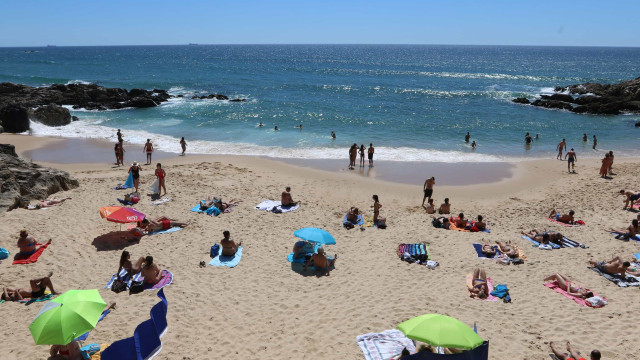
The judges of the Lisbon Court of Appeal have unanimously decided to reject the request for dismissal of Judge Susana Seca, deeming it unfounded, and have consequently dismissed the request to refer the case to the European Court of Justice, according to a ruling issued on Thursday.
The defense team for José Sócrates filed two dismissal requests at the commencement of the trial, one for the presiding judge of the trial collective, Susana Seca, and another for the Attorney General, Amadeu Guerra, whom the former Prime Minister accuses of interfering in the process.
Both appeals included a request to refer the matter to the European instance for alleged violations of community legislation, contingent upon a favorable decision for José Sócrates, which did not occur in this instance.
The panel of judges, led by Cristina Santana, also fined José Sócrates approximately 1,000 euros, as prescribed by the Criminal Procedure Code for requests deemed manifestly unfounded by the court.
The defense argued in the request that Susana Seca should be removed from the process due to alleged influence from the Superior Council of the Judiciary and a special task force created by the judges’ management and disciplinary body to monitor the Operation Marquês case.
The defense of Sócrates also criticized the task force for lacking any member appointed by the defense teams of the accused and for the unknown nature of the communication with the process holders.
“However, no precise actions or circumstances suggesting that the concerned judge could have faced any influence or pressure from the referred group have been presented,” noted the judges.
They emphasized that any claimed influence could always be scrutinized during the trial and noted that so far, “no order, suggestion, or attempt to influence has been identified.” They expressed surprise that the defense did not include the other collective members in the dismissal incident.
“Finally, we must say we cannot see another intention behind this dismissal request, which is evidently unfounded, other than to persistently obstruct the normal course of justice,” the judges concluded.
Eleven years after José Sócrates was detained at Lisbon airport, the trial for the Operation Marquês case commenced last Thursday, bringing to court the former Prime Minister along with 20 other defendants, involving more than 650 witnesses.
The case concerns 117 crimes, including corruption, money laundering, and tax fraud, for which the 21 defendants are being tried. Currently, 53 sessions are scheduled to run until the end of the year, with future sessions to be scheduled. During the trial, 225 witnesses called by the Public Prosecution and around 20 called by the defense of each defendant will be heard.




